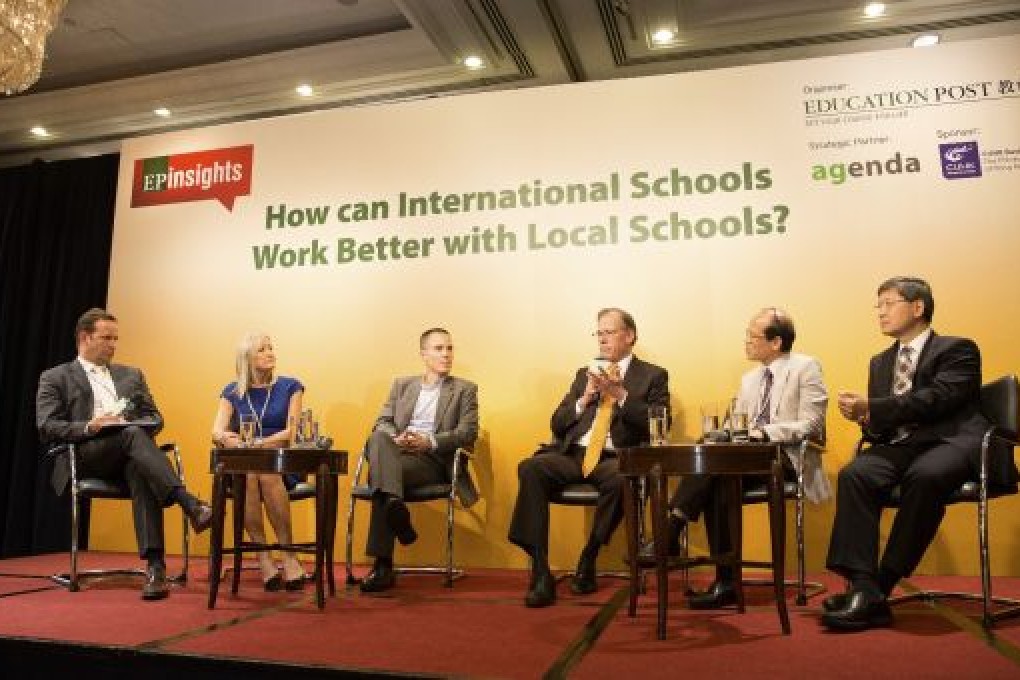Highlights: EP Insights-How Can International Schools Work Better With Local Schools?
A fruitful gathering of some of the biggest names in Hong Kong's education sector, hosted by Education Post. In what was a first-of-its-kind gathering in Hong Kong...

In what was a first-of-its-kind gathering in Hong Kong, the second EP insights luncheon brought together principals and school executives across Hong Kong’s broad spectrum of schools. The event took place at the JW Marriott on October 31st, and provided dozens of schools, international and local, with valuable networking opportunities as well as the chance to have their voices be heard.
The highlight of the event was a panel discussion between a prestigious group of leaders in Hong Kong’s education sector, including Belinda Greer, CEO, English Schools Foundation (ESF); Eric Jabal, Secondary School Principal, Independent Schools Foundation Academy; Ted Faunce, Headmaster, Chinese International School (CIS); Samuel Cheng, Principal, United Christian College (Kowloon East) and Cheung Siu Ming, Principal, Creative Secondary School. The discussion was moderated by Alex Gibbs, Managing Director of Agenda Consulting.
“From the ESF, to the Independent Schools Foundation, to Direct Subsidy Scheme schools, we are, as Hong Kong Educators, providing parents with choice,” says Jabal, opening up the discussion. “It’s a very exciting time to be a teacher in Hong Kong right now.”
Greer pointed out that the ESF already has strong partnerships with over 40 local schools in the city. However, she believes that because staff members are often busy during the semester, developing a more structured professional network between local and international schools would result in more high-quality collaboration. “The trick is making it part of the day-job,” she says. “If something is treated as an add-on, as something extra, then people become too busy.”
“Teachers have to see the values behind it; otherwise they will see it as work added on to their very tight schedules,” says Cheng, agreeing with Greer’s point. He believes the most important collaboration between schools occurs on a smaller scale, at the student level. “Inter-school activities involve quite big numbers, a lot of administration work and communication work,” he says. “Sometimes, it’s best to do things simple.”
Faunce believes the phrase “international school” is largely outdated, and in many ways, semantically inappropriate. “There’s no definition of what an international school is,” explains Faunce. “I would be very proud to have CIS be known as a ‘local school’, with an international philosophy and an international programme,” he says, while joking that semantically, “Chinese International School” is actually “a really generic, poor choice of name for a school.”